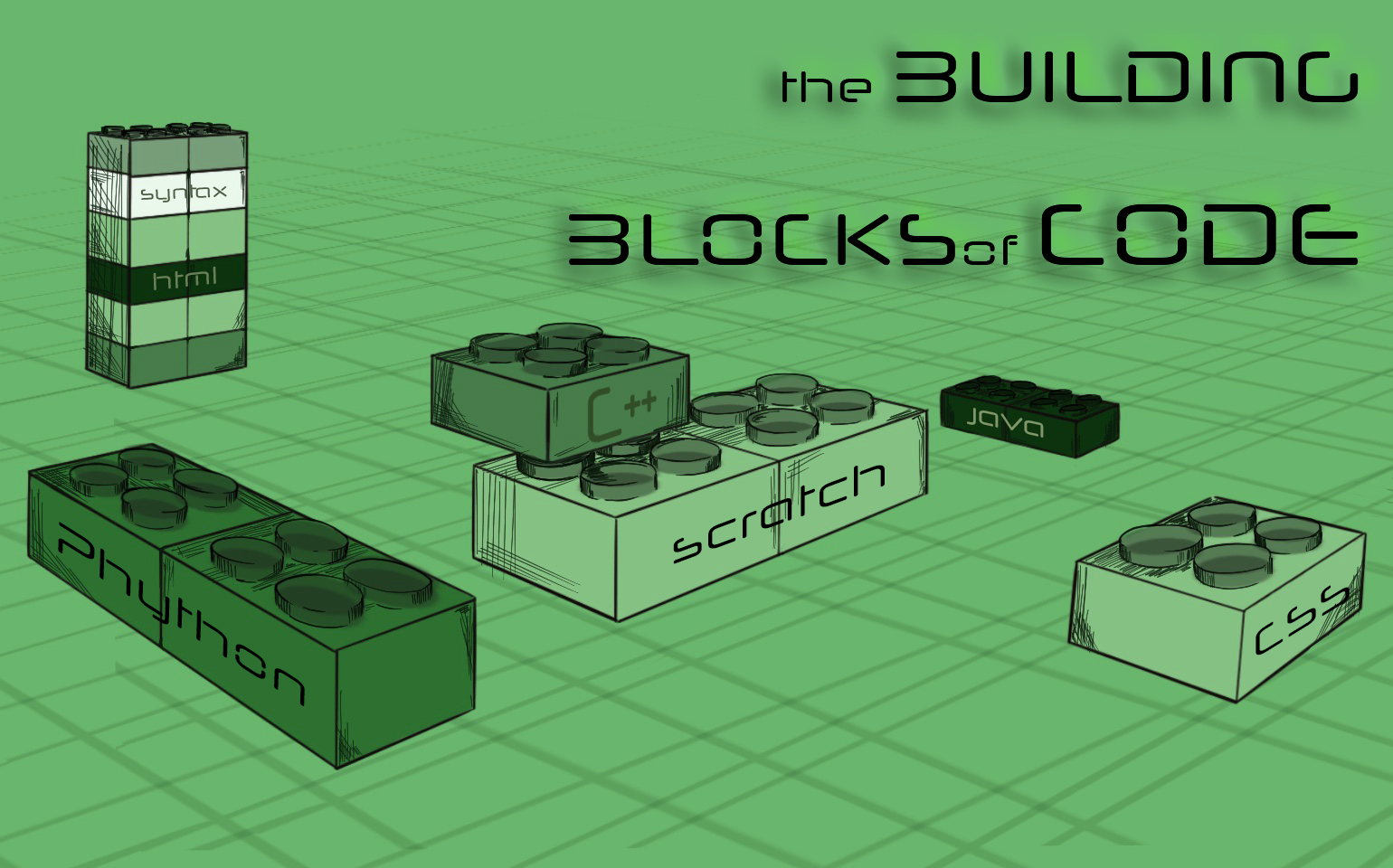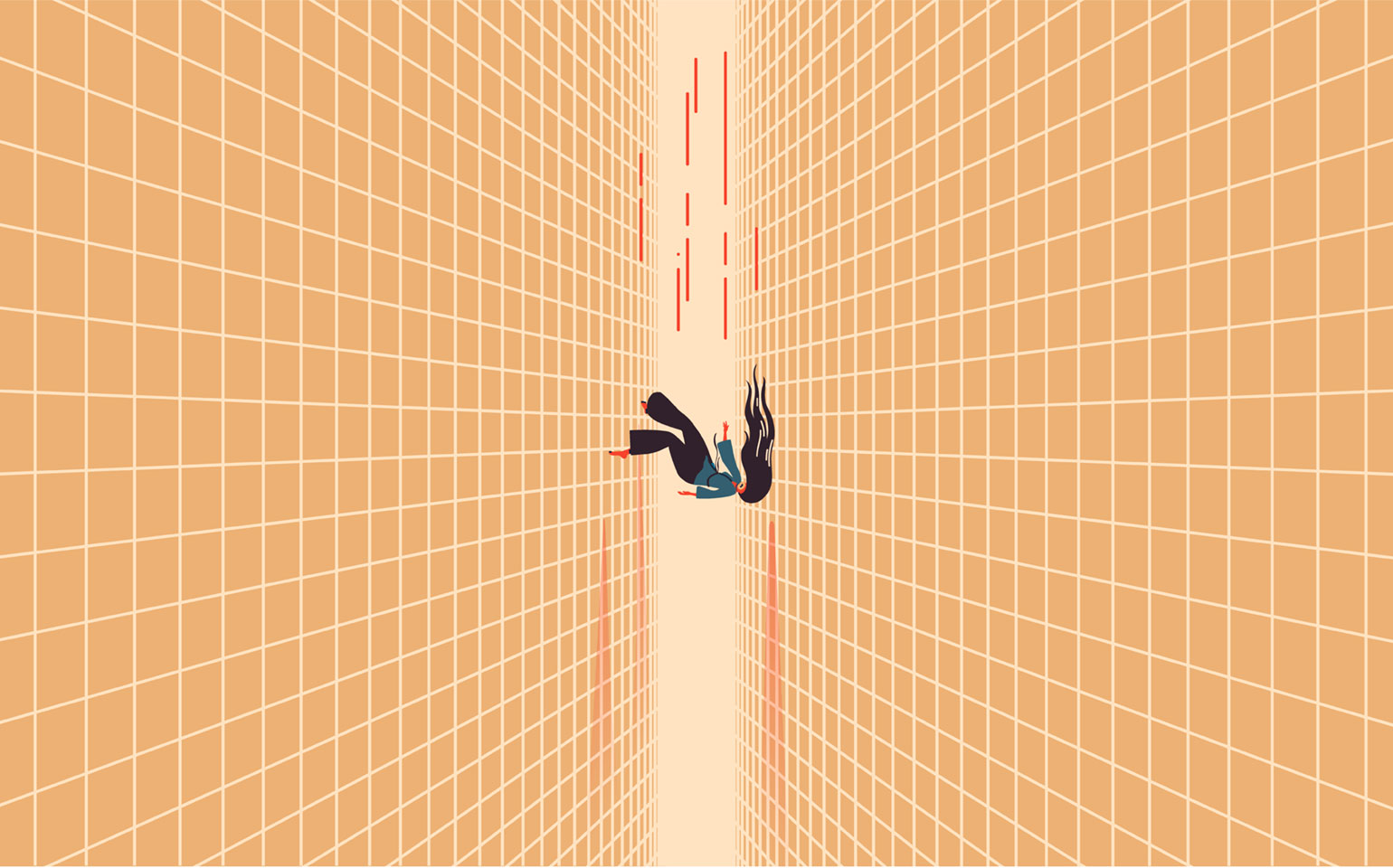My Coding Journey and Tips to Help You on Yours
Programming is unique from other careers in that you can learn it before even graduating middle school. Programming can be practiced and learned with just a device and an internet connection. If you aspire for a career in programming or computer science, I recommend that you learn coding as early as possible.
I began coding in the third grade when I was introduced to Scratch, a block based simple programming language made for new coders. I spent multiple years coding in Scratch and only began coding in a real language in Grade 7. I highly recommend starting your programming journey with Scratch. Scratch helps new coders learn coding logic without the messy business of syntax errors and other problems encountered with other programming languages, like Python and JavaScript. Each Scratch block serves as a simplified version of a function, which makes it a great tool to start coding with.
Around seventh grade, I began coding with Python. It was difficult to understand at first, but I soon learned that it was almost the same as Scratch, but with text instead of blocks. My experience in Scratch transferred over to Python well and allowed me to understand it much faster than I otherwise would have. To learn the fundamentals of Python, I completed a free online course. I recommend the Massachusetts Institute of Technology’s course, Introduction to Computer Science and Programming Using Python. With this basic education, I began creating my own simple programs, slowly learning along the way and advancing to more difficult programs.
Educational content is useful when starting out, but I found that writing my own simple programs made learning how to code easier. In this way, programming is very hands-on.
By writing code for an app or a program, you can get a better grasp of the fundamental rules and concepts than from reading or watching educational content. I would recommend that new coders watch tutorials only to learn the basics, then just start coding small programs. As you code programs, you can search up commands and functions that you will need to use and learn along the way. At some point, you become so familiar with a coding language that you can write in it fluently without having to search up functions or read the documentation. Upon reaching this level of mastery, it could be worthwhile to try learning a new programming language to expand your knowledge.
Once I had developed a good understanding of Python, I began working with my friends to create projects. We were able to make better projects faster and had fun while doing so. I recommend coding with friends to make learning code more fun and to learn how to work in a team. In most programming careers, you will need to cooperate with a team so it is beneficial to practice teamwork early.
With a solid foundation in Scratch and Python, I was easily able to learn new programming languages throughout grade nine. I explored some aspects of web development in hypertext markup language (HTML) and cascading style sheets (CSS) and worked with different modules and add-ons, such as Pygame and Discord.js. Exploring new coding languages helped me to decide that I liked Python best and wanted to study it further. This is mainly due to its extensive documentation and modules/add-ons as well as its popularity. One of the drawbacks with Python is that it is a slower language than most others and can cause programs to run slower.
Every language has its own advantages and disadvantages, so it is important to choose one that fits you well. Though you can learn multiple languages proficiently, I would recommend choosing one to master.
Now that I’ve shared some information about learning programming languages, I’d like to share some other tips that helped me along my coding journey. First and foremost, use a basic code compiler to begin with, such as Replit. Complex compilers include many different features, settings, and configurations which are easy to get lost in. Simple compilers will only have the basic features and will allow you to focus on coding rather than on complex settings and configurations. Additionally, learn how to understand errors given by your compiler. When I didn’t understand what each type of error meant, I couldn’t fix them and rarely could I even find out where they were in my code. When learning a new language, make sure to also study the language’s errors and syntax so that debugging is easier.
Overall, programming is a useful skill that will be more important in the coming years as technology advances. I recommend starting off slow with Scratch, then moving on to Python, and then later tackling more advanced languages, like C++ and JavaScript. I hope you found these tips useful, and good luck on your coding journey!




